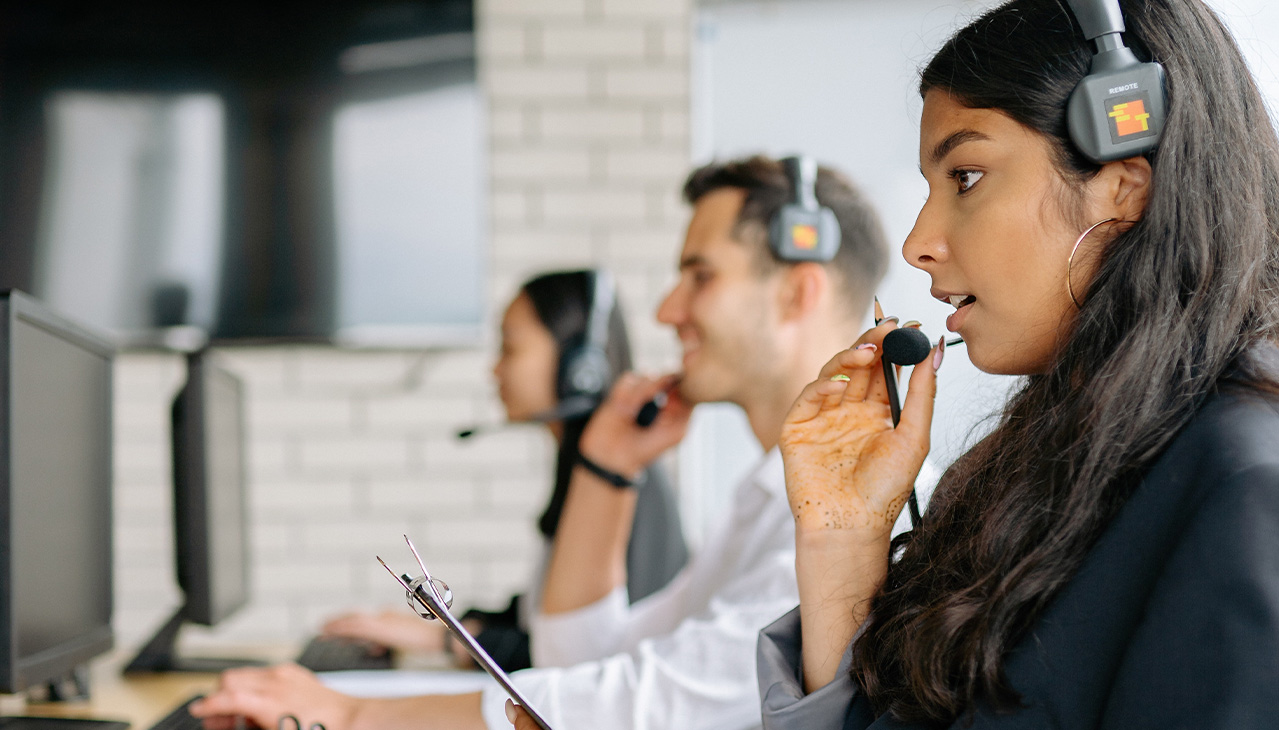The workplace is not limited to a specific location, but combines working from home, working in the “third space” and the office to create an ecosystem that is different from the office concept of previous decades.
In this hybrid and global world, design and working environments are especially important and we are not just focusing on high end modern office furniture. Knowledge workers move dynamically between physical and virtual spaces, between offices and home offices, between private areas and collaborative spaces. And the choice of where to work has never been freer, never more conscious than it is now.
Good work spaces must meet users’ innate needs for freedom from distractions, for privacy, creative inspiration and interaction, and they must be able to meet higher expectations for flexibility, digital connectivity and security.

Changes in the ways in which work is organised and space is used have a reciprocal effect and are ultimately also influenced by other demands such as urban development. In this transformation process, employee requirements must be aligned with what employers need and can offer, as well as with occupational health and safety legislation.
At the same time, new workplaces must meet growing environmental needs: offices must be built and equipped in a sustainable way, and all workplaces must operate as efficiently as possible.
SUSTAINABILITY AND FLEXIBILITY IN THE AGILE OFFICE
Offices must therefore become more flexible and, at the same time, more sustainable. Instead of rigid workplaces, spaces are being created that support new and creative ways of working. But what do these workplaces look like?
Today’s offices are an ever-changing landscape of spaces, people and relationships. Employees prefer unique and adaptable office environments. The key to being agile in the face of changing requirements is flexibility.
Office furniture offers a wide variety of proposals to facilitate this challenge, from modular solutions for the division and configuration of spaces into zones, to multi-purpose furniture that can be rearranged quickly and in many different ways, for example.(not just office desk or partition, but reception desks could be role for modular solution)

On the other hand, the climate crisis remains one of the greatest challenges of our time and is playing an increasingly important role in new developments in the office industry. Professionals, younger ones in particular, are striving to live sustainably and healthily, by cycling to the office, buying local products or following a vegan diet. And the working environment should also reflect this attitude. Therefore, manufacturers like Xinda Clover are increasingly focusing on topics such as eco-design and circular economy, as well as eco-friendly and certified materials. As a desk supplier, we take this as our responsibility.

WELL-BEING, A KEY CONCEPT IN THE OFFICE TODAY
Health has been a hot topic in the office industry for quite some time. The pandemic has given the topic even greater importance and added further considerations. Alongside ergonomics, safety and hygiene, other aspects such as emotional health are increasingly finding their way into office design.
Products such as our seating with ergonomic properties, which contribute to healthy postures at work, or our Zero Covid furniture, with a coating that prevents contagion through contact, contribute to the well being of the workforce.
Well-being is a key theme in today’s office concepts, and studies show that also plants and other natural solutions can be particularly beneficial. The trend towards biophilic design will therefore continue. Also, company should know what kind of office theme most client want, then to make a suitable office scene would definitely improve their happiness. Biophilic design is the tide but China office furniture are now growing up.
Factors such as natural light, vegetation or naturalistic design offer a contrast to technology and the frenetic pace of urban life. Plants can also significantly improve indoor air quality. So why not integrate greenery directly into office furniture?
COSY OFFICE FURNITURE
Even before the pandemic, work was already becoming increasingly location-free. This trend has also blurred the boundaries between design for the office and the home. While homes have become offices, offices in turn are visibly transforming into home zones where employees can feel at home. Soft shapes, informal areas and warm colours define the new culture of comfort in the world of work.
THE HOME OFFICE
Working from home has gained new momentum as a result of the pandemic. It is an important issue, not only for companies but also in terms of product development. Manufacturers such as Xinda are developing special furniture ranges for remote workers that meet ergonomic requirements as well as the need to adapt to a home environment. For example, an excellent alternative to the kitchen table is a height-adjustable table that can also be used for standing work.
ACOUSTIC COMFORT
It is estimated that between 35 and 40 percent of workers exposed to noise levels above 90 decibels will suffer hearing loss after the age of 60.
Noise is one of the major problems in the workplace, as it can cause stress, fatigue, depression, irritability… and more serious pathologies related to the tension that noise generates. It also affects people’s productivity as it hinders concentration and communication. People subjected to high levels of noise suffer from nervous fatigue which reduces their efficiency at work.
The average figures in European legislation set an acceptable limit of 65 dB during the day and 55 dB at night. In offices, the maximum noise level in operational areas should be 50 dB; however, the average level is generally higher than 70.
The hazardousness of noise depends not only on its decibel level but also on the daily time during which the person is subjected to it. It is recommended that continuous noise of more than 90 dB should be taken into account as a possible cause of occupational disease and sporadic noise of more than 130 dB as a cause of hearing accidents.
In addition to the general insulation of the building, when designing the interior of a healthy office, it is necessary to analyse the level of privacy required for each workspace, which will be determined by the type of activity carried out there and the number of people.

The more open and agile the office environment, the greater the need for products to optimist acoustics. This is why companies such as Xinda offer their customers sound-absorbing solutions, such as panels or soundproof cabins, which create specialized micro environments. Acoustically and visually attractive solutions; small acoustic islands that allow users to concentrate in open office environments.


